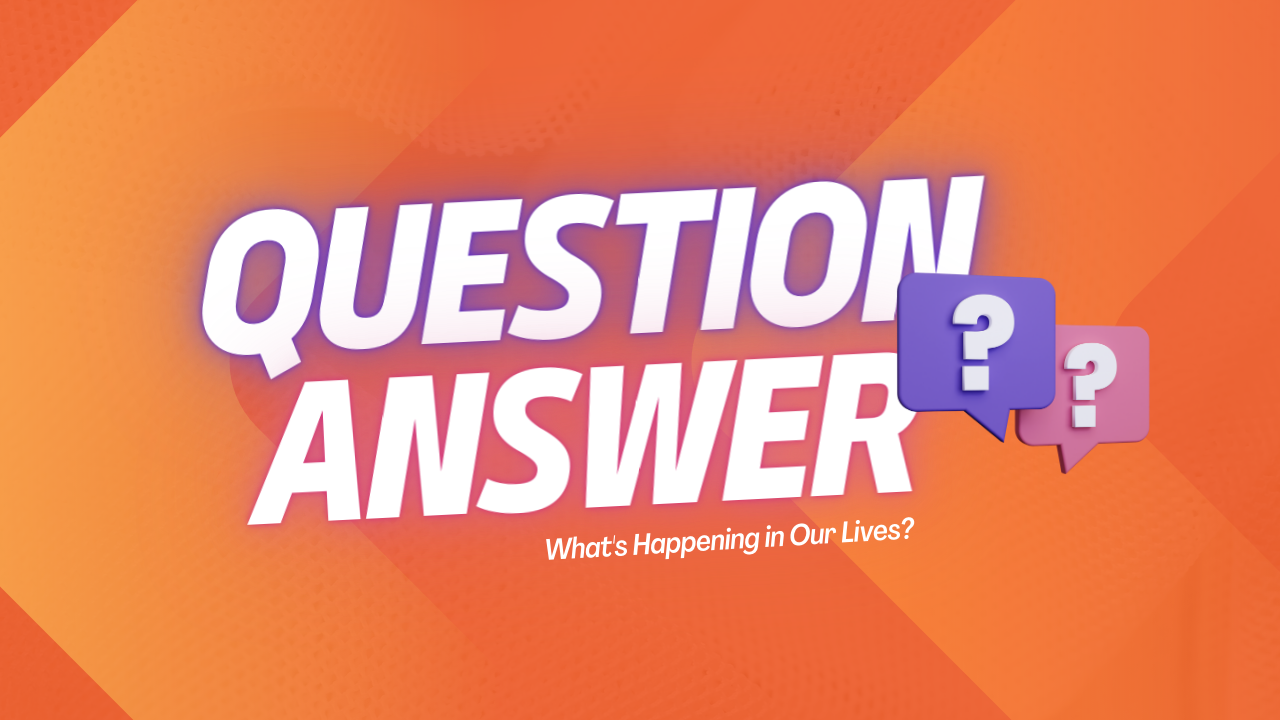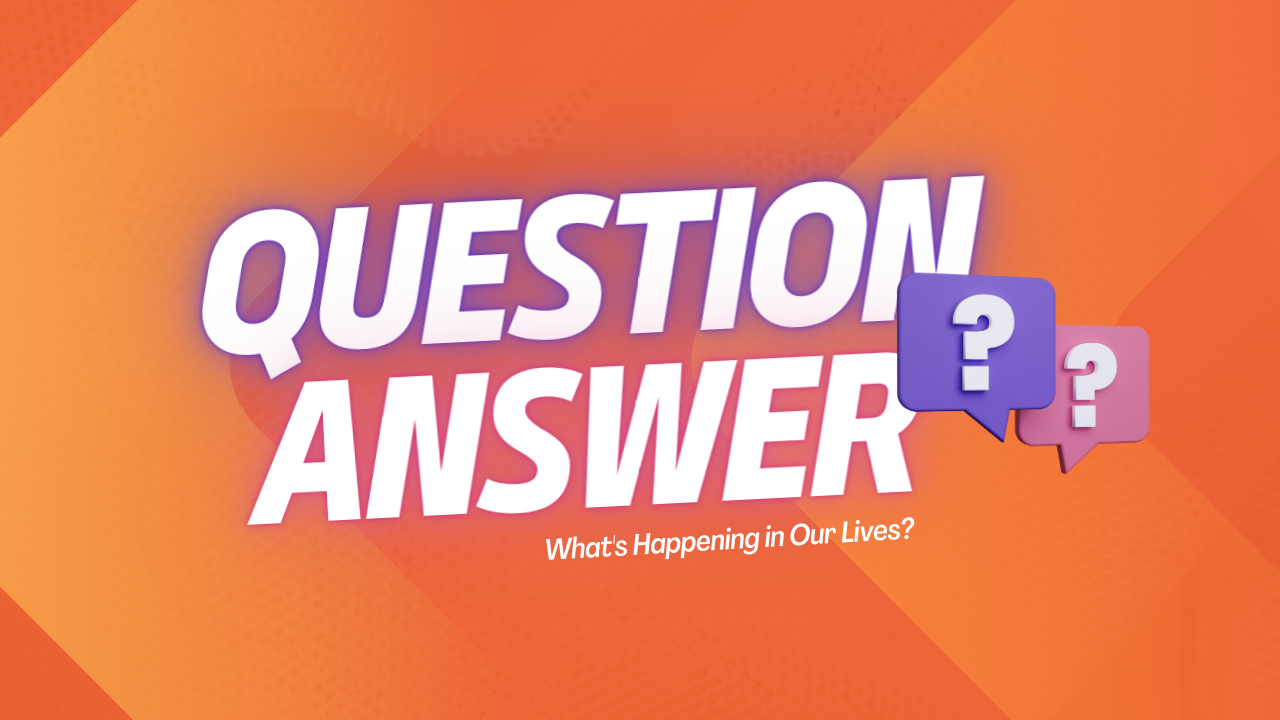Difference Between Cover Letter and Resume : Cover Letter vs Resume
Confused about Cover Letter vs Resume? They're both important in your job search, but they serve different purposes. A resume is a summary of your work history, skills and education, while a cover letter is a more personalized introduction to your potential employer. Don't make the mistake of thinking they're interchangeable. Learn the key differences and how to use each one to your advantage in this guide.
Top 10 differences between a cover letter and a resume
Top 10 differences between a cover letter and a resume
| # |
Cover Letter |
Resume |
| 1 |
A document that accompanies a job application |
A document that summarizes a person's work history, skills, and achievements |
| 2 |
Typically one page in length |
Can be multiple pages in length |
| 3 |
Customized for each job application |
Generally follows a standard format |
| 4 |
Provides context and personalizes the application |
Provides an overview of a person's qualifications and experience |
| 5 |
Shows why the applicant is a good fit for the position |
Lists past job titles, responsibilities, and achievements |
| 6 |
Contains more descriptive language about the applicant's skills |
Emphasizes accomplishments and quantifiable results |
| 7 |
Often includes a call to action, such as a request for an interview |
Does not typically include a call to action |
| 8 |
Generally less formal and more conversational in tone |
More formal in tone, with a focus on professionalism |
| 9 |
Should be addressed to a specific person or company |
May not always include specific recipient information |
| 10 |
May include information about the applicant's motivation or interest in the position |
Generally does not include this type of information |
When to Use a Cover Letter vs. a Resume
When to Use a Cover Letter vs. a Resume
| Situation |
Cover Letter |
Resume |
| Applying for a job posting |
Always include a cover letter to introduce yourself and explain why you're a good fit for the role |
Always submit a resume as part of the application process to provide a summary of your experience and qualifications |
| Networking or making a direct approach |
A cover letter is a great way to introduce yourself and explain why you're interested in the company or role |
A resume may be less important in this situation, but can still be a helpful way to provide an overview of your skills and experience |
| Requesting an informational interview |
A brief cover letter can be a good way to introduce yourself and explain why you're interested in learning more about the industry or company |
A resume is not typically needed in this situation, but can be included as a way to provide additional background on your experience and qualifications |
| Applying for a freelance or contract position |
A cover letter can be used to introduce yourself and explain why you're a good fit for the project or assignment |
A resume can also be helpful to provide a summary of your experience and qualifications, but may be less important than your portfolio or examples of your work |
| Submitting an unsolicited application |
A cover letter is essential in this situation to explain why you're interested in the company and how you can contribute |
A resume is also important to provide an overview of your experience and qualifications |
Top 7 Tips for Writing a Cover Letter
| 1. Address the Hiring Manager by Name |
| 2. Tailor the Cover Letter to the Job and Company |
| 3. Highlight Your Relevant Skills and Experience |
| 4. Provide Specific Examples of Your Achievements |
| 5. Show Enthusiasm and Passion for the Job |
| 6. Keep the Cover Letter Concise and to the Point |
| 7. Edit and Proofread for Errors |
Top 5 Tips for Writing a Resume
| 1. |
Tailor your resume to the job and company |
| 2. |
Use keywords relevant to the job in your resume |
| 3. |
Highlight your most relevant experience and skills |
| 4. |
Use bullet points and concise language |
| 5. |
Proofread for grammar and spelling errors |
Frequently Asked Questions
| What is the main difference between a cover letter and a resume? |
A cover letter is a document that introduces yourself and explains why you are the ideal candidate for a specific job, while a resume is a summary of your skills, education, and work experience. |
| Do I need to include a cover letter with my resume? |
It depends on the job posting requirements. If the job posting asks for a cover letter, it is recommended to include one. |
| Should I repeat the information from my resume in my cover letter? |
No, your cover letter should not repeat the information from your resume. Instead, it should provide additional context and explain why you are the best candidate for the job. |
| Can I use the same cover letter for multiple job applications? |
No, it is recommended to customize your cover letter for each job application to highlight how your skills and experience align with the requirements of the job. |
| What should I include in my resume that I should not include in my cover letter? |
Your resume should include your education, work experience, skills, and certifications, while your cover letter should focus on your motivation for the job and how you can add value to the company. |




%20and%20transform()%20in%20Pandas.png)

.png)